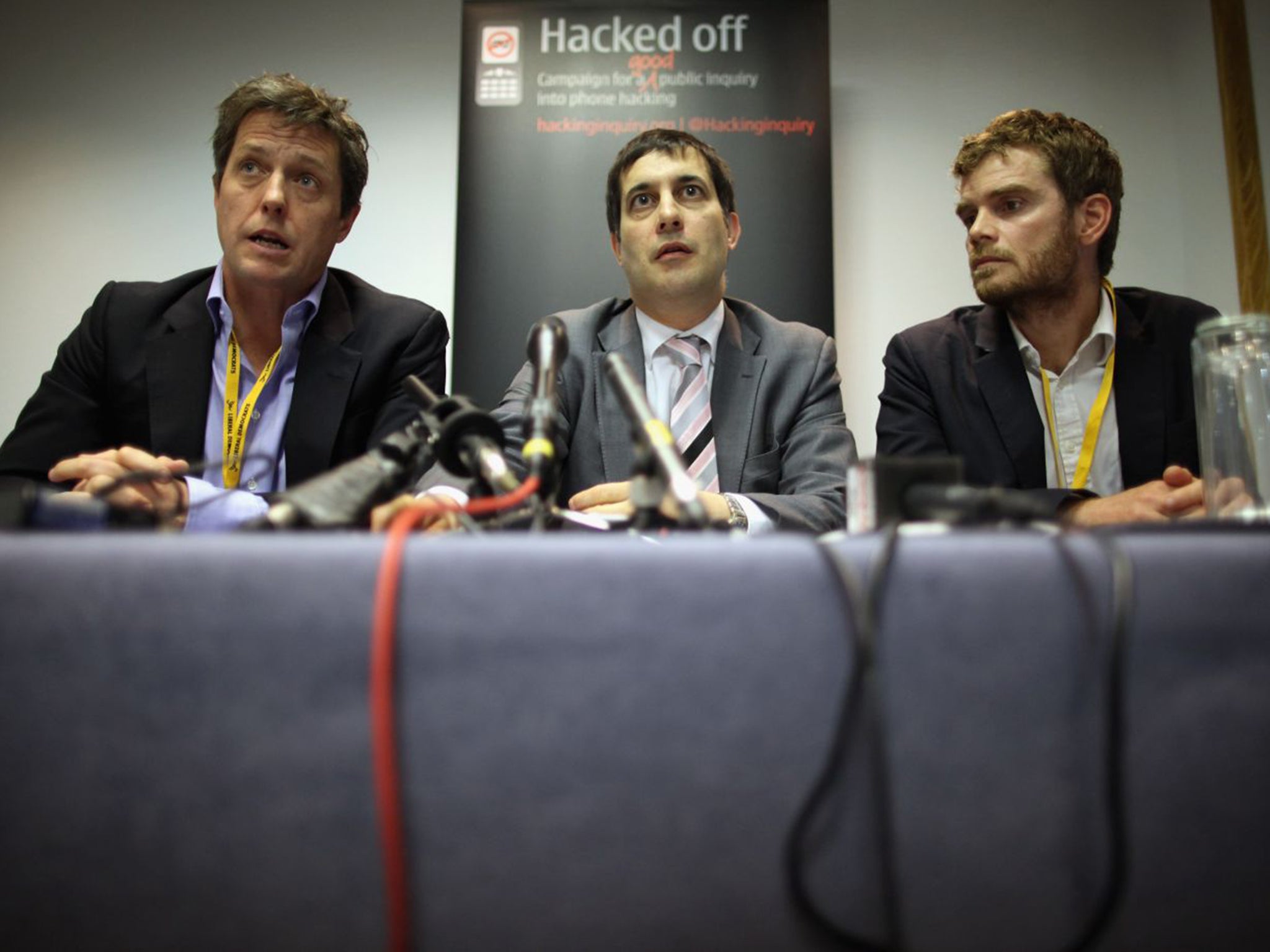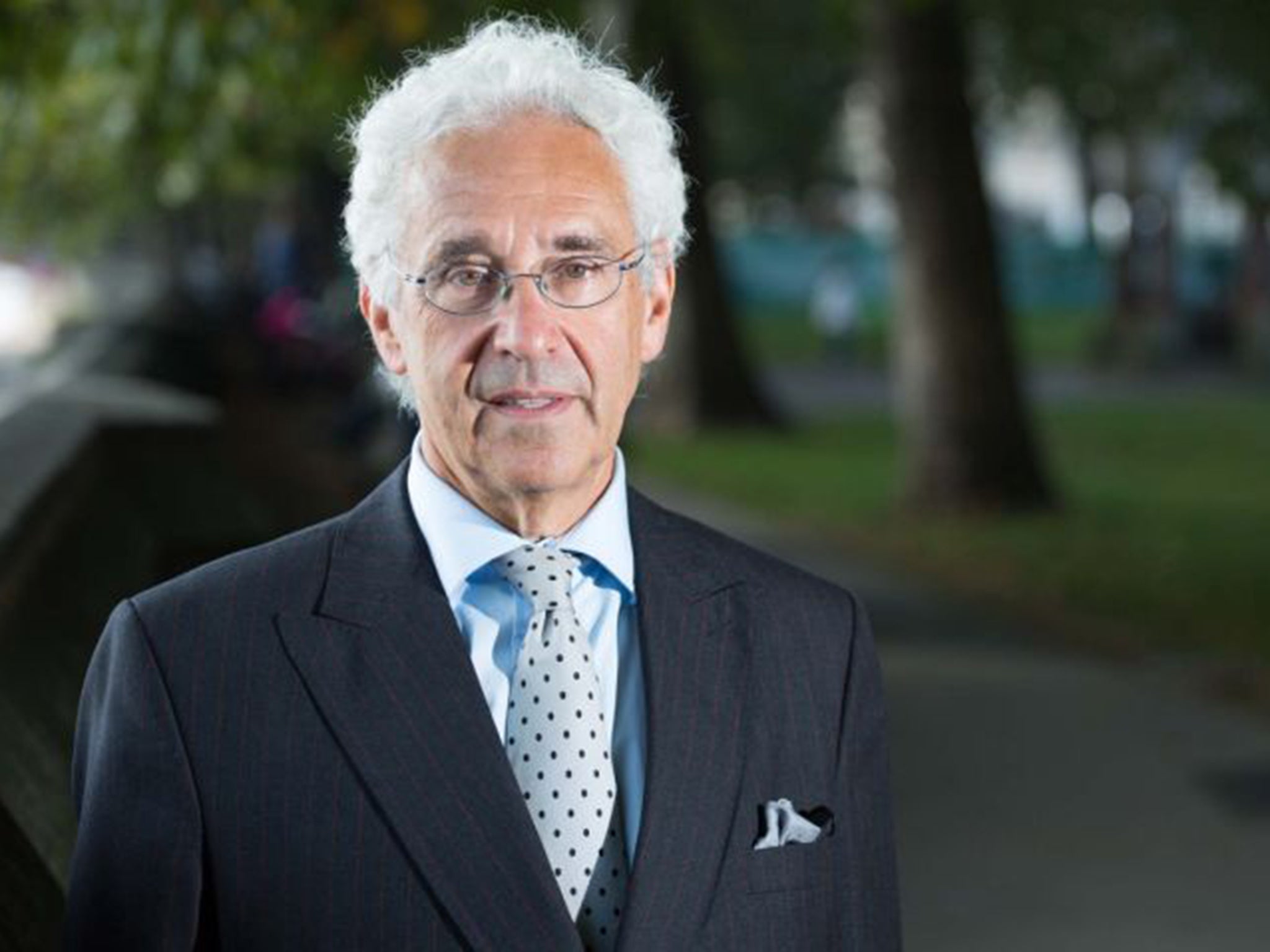Ipso: Press watchdog's future in doubt as it fails to impress public
Support for Independent Press Standards Organisation, backed by the Murdoch titles and others, stands at only 15 per cent

Your support helps us to tell the story
From reproductive rights to climate change to Big Tech, The Independent is on the ground when the story is developing. Whether it's investigating the financials of Elon Musk's pro-Trump PAC or producing our latest documentary, 'The A Word', which shines a light on the American women fighting for reproductive rights, we know how important it is to parse out the facts from the messaging.
At such a critical moment in US history, we need reporters on the ground. Your donation allows us to keep sending journalists to speak to both sides of the story.
The Independent is trusted by Americans across the entire political spectrum. And unlike many other quality news outlets, we choose not to lock Americans out of our reporting and analysis with paywalls. We believe quality journalism should be available to everyone, paid for by those who can afford it.
Your support makes all the difference.The new regulator created by Britain’s newspaper industry has failed to convince the public that it is up the job of acting as a credible and independent watchdog, according to a new survey.
A year after the Independent Press Standards Organisation (Ipso) was set up, a survey for the Hacked Off pressure group found a clear majority lacked confidence in the regulator, which is backed by the UK’s major newspaper publishers.
At the time of its launch a year ago, the chairman of Ipso, Sir Alan Moses, said his organisation aimed to “ help rebuild public trust in the press through independent, fair and transparent regulation”. But asked if Ipso should continue to regulate the UK newspaper and magazine industry, or if another organisation that met the requirements set out by Lord Justice Leveson at the end of the Leveson inquiry in 2012 should be brought in, a majority in the survey favoured closing Ipso and replacing it.
The YouGov survey found 66 per cent having not much or no confidence in a non-Leveson compliant regulator. This is barely any change in the public’s view since Ipso was formed 12 months ago. Just over 14 per cent said they preferred the Ipso industry-backed model.
The survey’s results will do little to cement Ipso’s position as a working alternative to the self-regulation organisation it replaced, the Press Complaints Commission (PCC).

Following the phone-hacking scandal, David Cameron set up a judicial public inquiry into the culture, practices and ethics of the press. Sir Brian Leveson recommended that an independent self-regulatory body should be set up underpinned by statute. However, leading publishers opted to set up their own replacement for the PCC, claiming any form of statutory involvement threatened press freedom.
The three Independent titles, along with The Guardian and the Financial Times, chose not to come under the Ipso umbrella.
Following the Conservatives’ general election victory, the political prospects of enforcing a Leveson-based system were seen as increasingly remote. However, the new survey could revive the debate on regulation.
With Rebekah Brooks returning as head of Rupert Murdoch’s UK print division, the frontrunner to become Labour’s deputy leader, Tom Watson, has called on her to help deliver a Leveson-approved regulatory regime.
Dr Evan Harris, joint executive director of Hacked Off, called the survey results “extraordinary”. He said although Ipso has had 12 months to show an improvement on the previous regime, and had been given uncritical coverage, “it has not fooled the public”. He added: “It is not that there is a preference for Leveson, but after ... all the bold public statements of its powerful backers and chairman, support for this regulator is at a paltry 15 per cent.”
Dr Harris said he doubted this could sustain Ipso’s long-term survival. He said newspapers would be showing “contempt for their readers” if they persisted in backing Ipso in the face of public opinion.

Earlier this year, the Lords Select Committee on Communications (SCC) carried out an investigation into post-Leveson press regulation. Although the committee headed by Lord Best repeatedly stated it did not want to be seen as “another Leveson”, it looked closely at Ispo’s claims to be independent from the industry it is supposed to be regulating.
Among the committee’s findings was that no body existed that complied with the “strict requirements for independence from publishers set out by the Leveson report” and that Ipso did not comply with the independence requirements for either the selection of those serving on its board, or on “detachment from its funding body”.
The SCC report called on the progress of Ipso to be “monitored”.
During their investigation, The IoS has learned, the Lords looked at how Sir Alan was appointed and whether there was enough professional distance from the previous head of the PCC, Lord Hunt.
YouGov’s online survey of 1,642 adults was carried out from 2-3 September.
Join our commenting forum
Join thought-provoking conversations, follow other Independent readers and see their replies
Comments